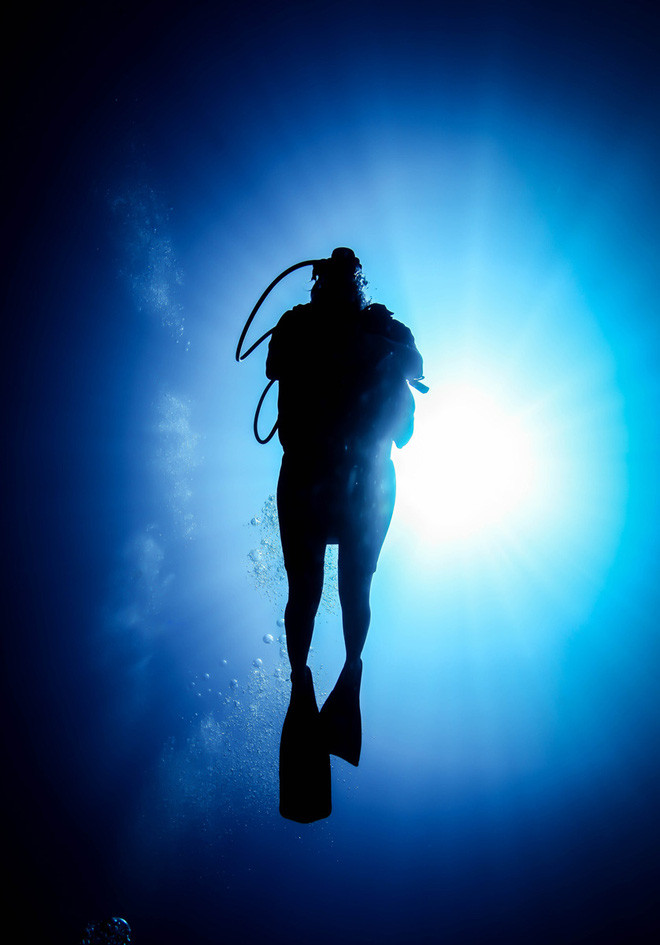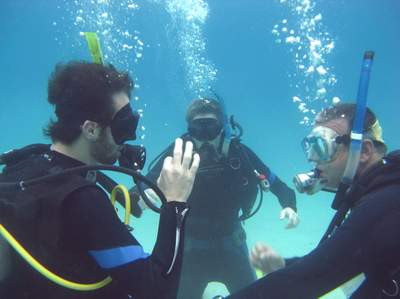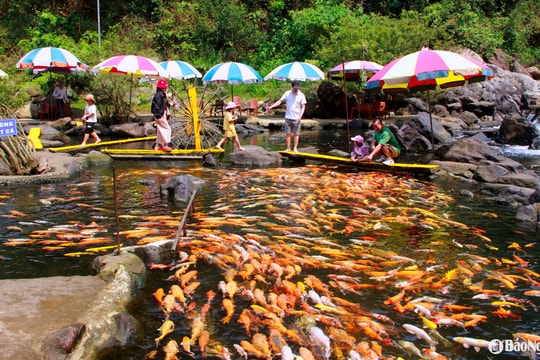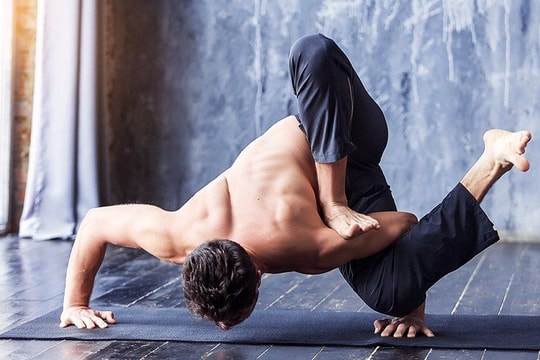Scuba diving tourism: Beware of decompression sickness
(Baonghean.vn) - In the past, decompression sickness was a disease specific to divers. But recently, when diving services have become a favorite activity of sea tourism, decompression sickness can be a risk for many people.
» Rescue of critically ill fisherman in Truong Sa
Decompression syndrome includes pathological disorders that occur when the pressure outside the body is rapidly reduced, leading to a state where gases that have been saturated in the blood at high pressure (mainly Nitrogen) become excessive and create gas bubbles in the blood vessels and in the body's tissues, causing circulation to stagnate.
When decompression sickness has severe symptoms and we do not provide timely emergency care or standard treatment, the patient will suffer lifelong disability. Therefore, if not careful, a diving trip can turn you from a tycoon into a wheelchair slave.
It is important to follow proper procedures and protection when diving. Photo: Internet |
Symptoms of decompression sickness
Normally, when we are on land, we are only affected by an air pressure of about 1 atm (760mmHg). When we go into the water, we have to "carry" on our bodies not only all the air on land but also a mass of sea water. This mass of water is the increased pressure. For every 10m of depth, the pressure increases by 1 atm. The deeper we go, the greater the pressure.
When going deep, we must rise slowly according to the instructions. But in some cases, divers have violated this rule, leading to a sudden decrease in pressure causing decompression sickness:
In the blood vessels of patients appeared a lot of air bubbles due to pressure loss.
Typical symptoms are itchy skin and joint pain immediately after coming ashore:
Itchy skin on the trunk. Along with itchy skin are typical and easily detected purple-red streaked hemorrhagic rashes on the skin.
Joint pain is usually pain in the wrists, elbows, knees, hips, and ankles, causing reduced mobility.
In severe cases, there may be paralysis of the opposite side of the body or paralysis of both lower limbs.
Patients may suffer from pulmonary hemorrhage, myocardial infarction, shock and death due to lack of timely emergency care.
How to give first aid to a patient with hypotension
Unfortunately, treating decompression sickness requires special hospitals with specialized equipment such as the hyperbaric chamber at the National Institute of Burns, Hospital 108, Vietnam Institute of Marine Medicine, Khanh Hoa Hyperbaric Center... But these locations are too far from the beach or the construction site. First aid must be done promptly on the spot. Therefore, emergency care to save the patient's life is the first priority. We need to do the following:
The first, remove all diving equipment to make it easier for the patient to breathe. Diving suits often have many tools and are tight on the body, making it difficult to breathe.
Mondayis to place the patient lying on his back on a hard surface, tilting his head if the patient shows signs of drowsiness or headache. Lying on his back will maintain good blood pressure and blood flow to the brain.
Tuesdayis to immediately infuse fluids into the patient if possible. The chosen infusion fluid is isotonic saline. Do not infuse protein or any other nutritional solution, as it will only make the disease worse.
Wednesdayis to transport the patient to the hospital as soon as possible and to a facility with specialized equipment as quickly as possible. Especially in severe cases.
 |
| There are many dangers when people dive deep under the sea. Photo: Internet |
How to prevent decompression sickness
Avoid strenuous physical activity 3 days before going into the water;
Take 3 minutes of deep breathing before diving;
Drink enough water to avoid thirst;
Do not dive too deep (over 12m depth);
When coming up, you must absolutely follow the correct procedure;
When entering the water, you must be fully equipped with protective techniques and trained in handling skills when an incident leading to decompression occurs./.
Pear Flower
(Synthetic)
| RELATED NEWS |
|---|


.jpg)



